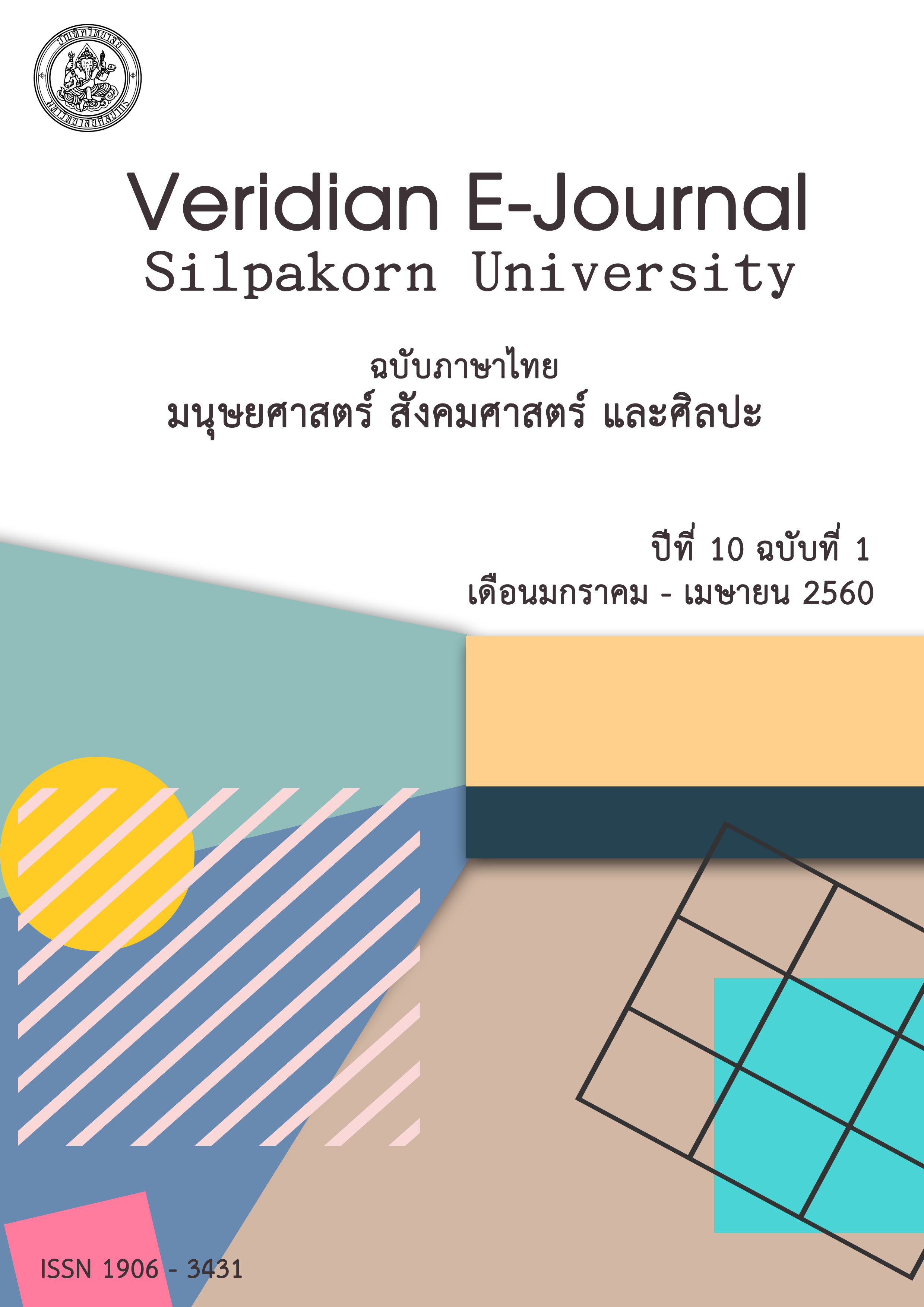การวิจัยติดตามผลการดำเนินงานของการศึกษานอกระบบและการศึกษาตามอัธยาศัย ตามมาตรฐานการศึกษาของชาติ
Main Article Content
Abstract
การวิจัยครั้งนี้มีวัตถุประสงค์เพื่อติดตามผลการดำเนินงานของการศึกษานอกระบบและการศึกษาตามอัธยาศัยตามมาตรฐานการศึกษาชาติ (ฉบับ พ.ศ. 2547) โดยใช้ระเบียบวิธีวิจัยแบบผสมวิธี กลุ่มตัวอย่างในการศึกษา ได้แก่ บุคลากรทางการศึกษาของสำนักงาน กศน. ผู้เรียน และผู้ที่มีส่วนเกี่ยวข้องจาก 4 ภูมิภาค ได้แก่ กรุงเทพมหานครและภาคกลาง ภาคเหนือ ภาคตะวันออกเฉียงเหนือ และภาคใต้ โดยใช้วิธีการสุ่มแบบหลายขั้นตอน (Multi-stage Sampling) เครื่องมือวิจัย ได้แก่ แบบสอบถามการดำเนินงานและผลการดำเนินงานตามมาตรฐานการศึกษาชาติ แบบสัมภาษณ์ และแนวคำถามในการจัดสนทนากลุ่ม วิเคราะห์ข้อมูลโดยใช้ความถี่ ค่าร้อยละ ค่าเฉลี่ย ส่วนเบี่ยงเบนมาตรฐาน และการวิเคราะห์เนื้อหา ผลการวิจัยปรากฏว่า การดำเนินงานการศึกษานอกระบบและการศึกษาตามอัธยาศัยของสำนักงาน กศน. มีความสอดคล้องเชื่อมโยงกับมาตรฐานการศึกษาของชาติ บุคลากรทางการศึกษาของ กศน. รับรู้ถึงความสำคัญและความจำเป็นของมาตรฐานการศึกษาของชาติต่อการจัดการศึกษาของหน่วยงาน โดยมาตรฐานการศึกษาของชาติที่สถานศึกษานำไปใช้เป็นแนวทางในการจัดการศึกษามากที่สุด คือ มาตรฐานที่ 2 ด้านแนวการจัดการศึกษา และการดำเนินงานตามมาตรฐานชาติที่ประสบความสำเร็จมากที่สุด คือ มาตรฐานที่ 3 ด้านแนวการสร้างสังคมแห่งการเรียนรู้ อย่างไรก็ตาม การดำเนินงานจัดการศึกษาตามมาตรฐานการศึกษาของชาติยังพบปัญหาด้านบุคลากรครู อาคารสถานที่ วัสดุครุภัณฑ์ สื่อการสอน และงบประมาณ
The purpose of this research was to follow up the performance outcomes of non-formal and informal education based on National Education Standards (B.E. 2004). A mixed method research approach was applied in the study. The sample consisted of educational personnel of the Office of Non-formal and Information Education (ONIE), students, and those concerned personnel from four regions, including Bangkok and Central region, Northern region, Northeastern region, and Southern region obtained by multi-stage sampling method. The research instruments were a questionnaire on operational performance and outcomes based on National Educational Standards (NESs), interview forms, and question guidelines for focus group discussion. The research data were analyzed using the frequency, percentage, mean, standard deviation, and content analysis. The results revealed that the performance outcomes in the non-formal and informal education of ONIE were in line and connected with NESs.The ONIE educational personnel acknowledged and recognized the importance and necessity of NESs for the education management of ONIE. The NES that was most employed as guidelines for educational management of learning centers under the ONIE was the Second NES on Guidelines for Educational Provision, and the NES that had been most successfully implemented was the Third NES on Guidelines for Creating a Society of Learning. However, the operation of educational management based on NESs still had problems on teacher personnel, buildings and facilities, instructional materials, equipment, and budget.
